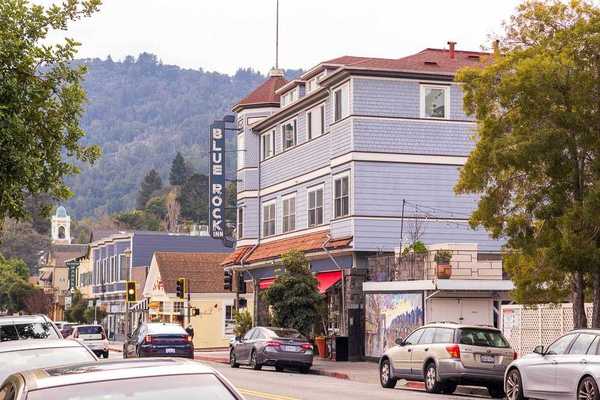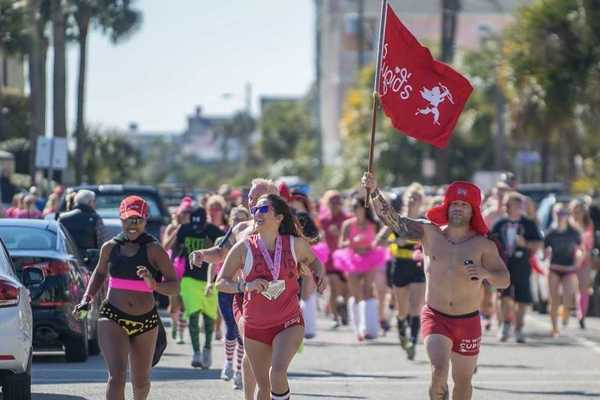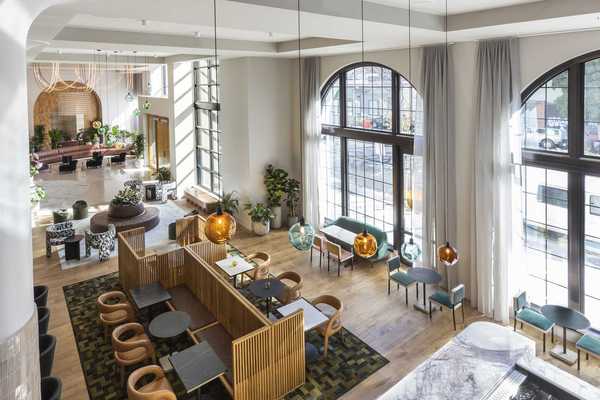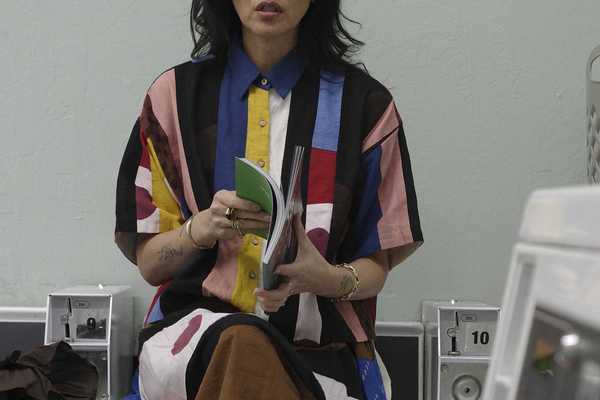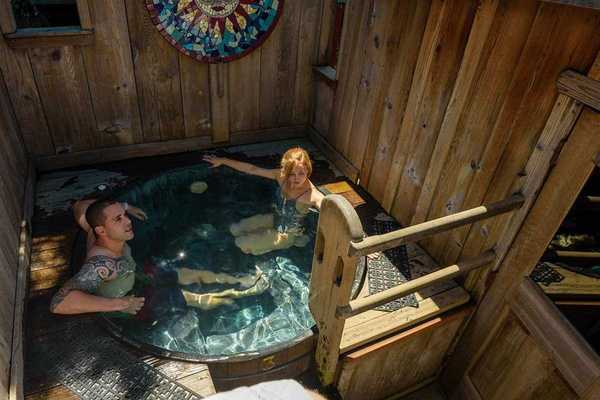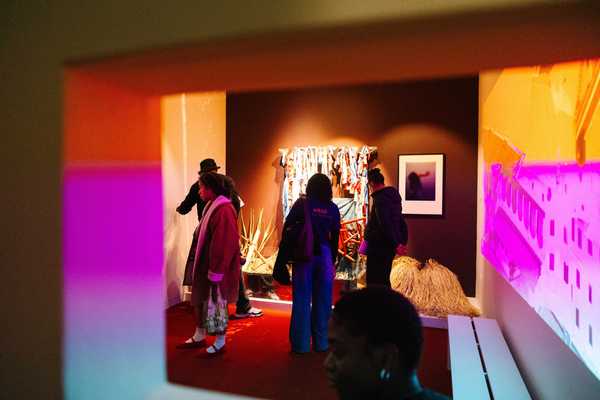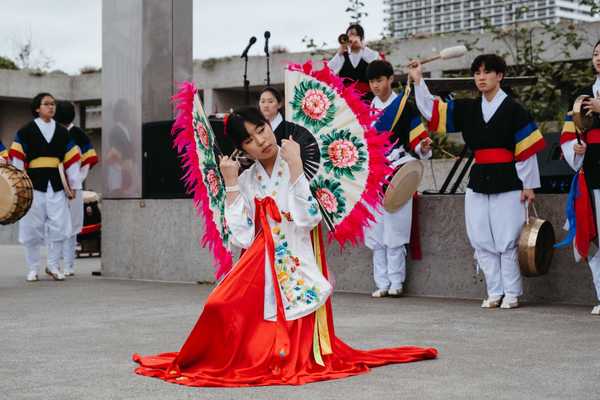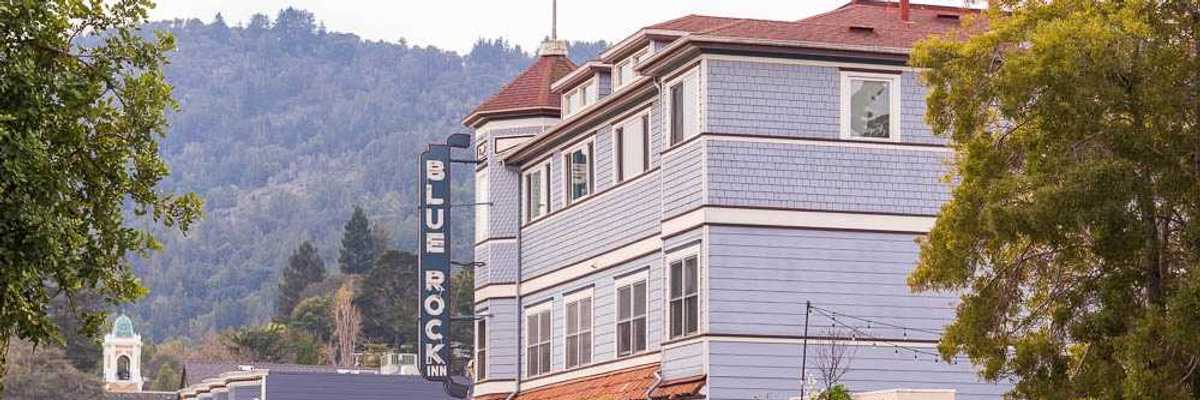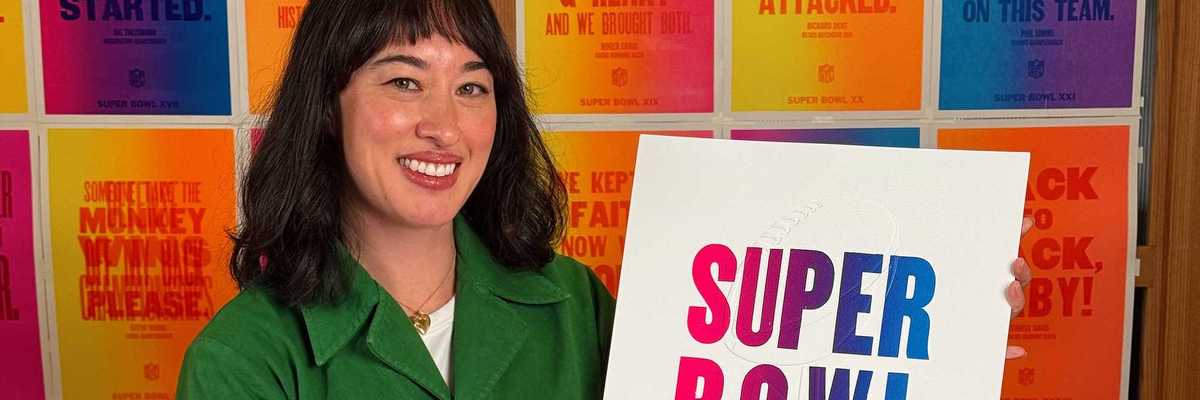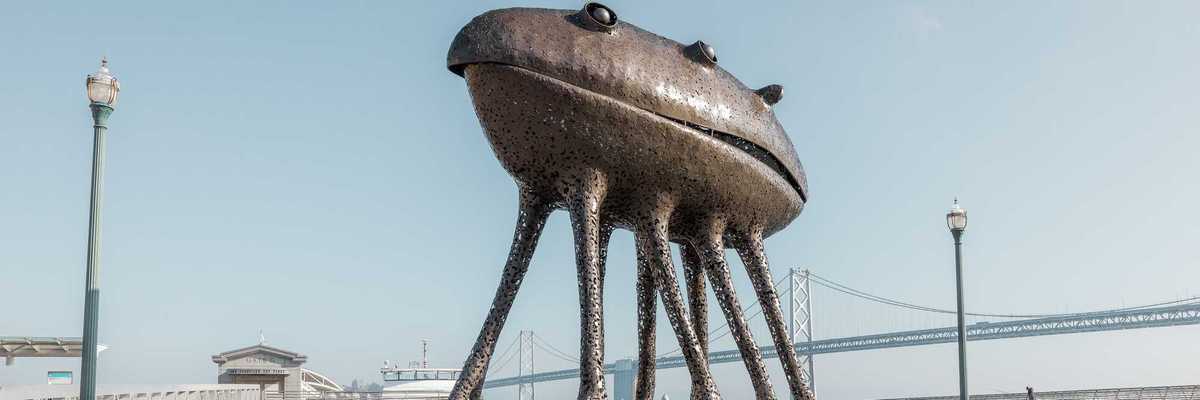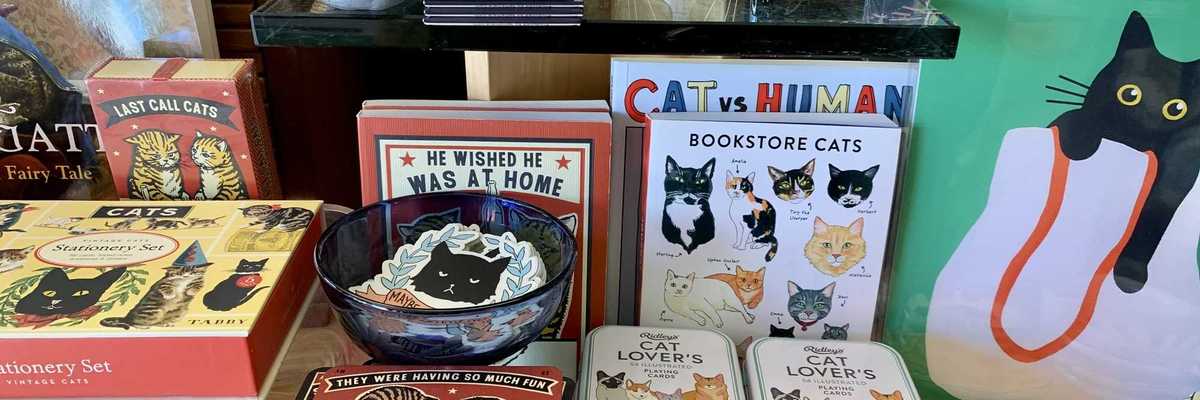What do a travel writer, a sommelier, and a coffee entrepreneur have in common? For East Bay resident Kim Westerman, all are part of a lifelong search for beauty through sensory experiences.
Folks in the Bay Area publishing scene may recognize Westerman for her bylines as a senior contributor at Forbes. Her friends know she's one of the few women to hold a certification from the Court of Master Sommeliers. Now, coffee fanatics can get to know her as the founder of Hedonic Coffee, a new “terroir-driven” brand that she hopes will illuminate the parallels between the beloved bean and, you guessed it, wine.
Westerman, who roasts her beans at Bay Area CoRoasters in West Berkeley, chatted with us recently about her idea.
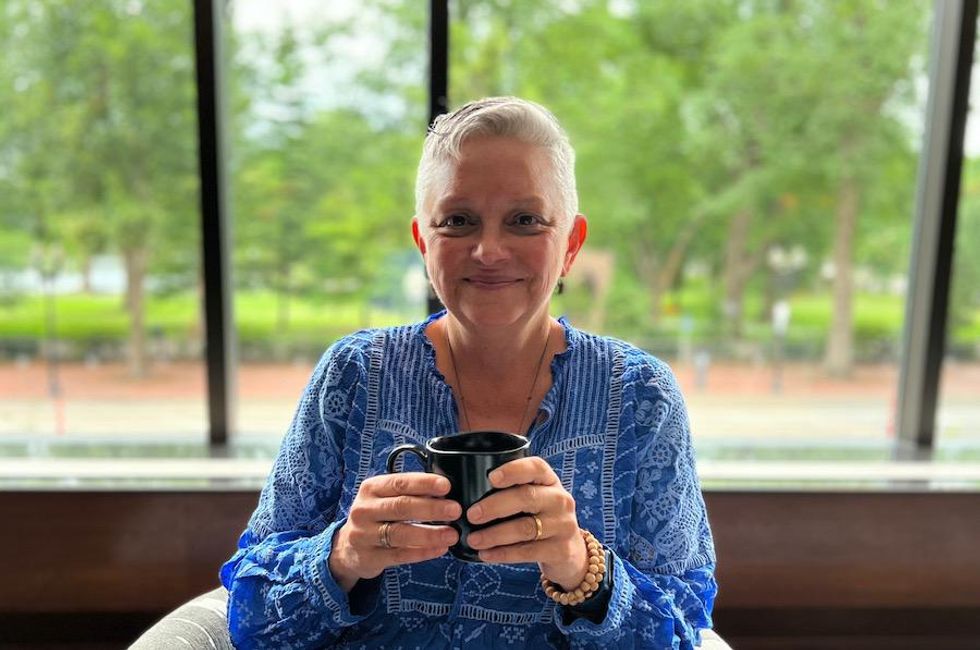
7x7: How did you get into coffee?
KW: I got deep into coffee through the window of wine. I had been trained as a sommelier more than a decade prior to joining Coffee Review as managing editor. When I got into the lab, the team learned I had a good palate from my wine training. I took up cupping coffee and became a sensory analyst and Licensed Q-grader. It was always apparent to me that coffee and wine have more similarities than differences in terms of the sensory experience—aroma, texture, flavor, finish. The supply chains of each beverage also have many similarities. The divergence occurs when they are served. Wine is a finished product. It's difficult to mess it up unless you serve it at the wrong temperature or in a dirty glass. But roasted coffee is not a finished product in terms of serving. it must be properly brewed, and that's a crucial moment in which things can go south if you're not sure what you're doing.
7x7: What led you to start Hedonic?
KW: I was attending a wine and culinary event as a journalist in 2019, and I was surrounded by world-class chefs and winemakers, glorious culinary experiences in a luxury setting, and the coffee on offer was not in the same league. It was more of an afterthought. I had an epiphany there about the need to elevate coffee in places where wine and food were central to someone's experience of a place or an event and, more importantly, to highlight coffee as a craft beverage with the same care that we approach wine.
7x7: What does it mean that Hedonic is "terroir-driven," and how is your business connected to wine?
KW: Even among casual wine drinkers, terroir is now a household word. A French term that has no precise synonym in English, terroir is the holistic environment in which wine grapes are grown—including soil, climate, farming practices, and other factors. Terroir influences everything about how a bottled wine expresses itself. And all the same conditions apply to coffee! Different varieties, grown in different places under different conditions, and processed by different methods result in a stunningly wide range of sensory expression.
Hedonic Coffee sources green coffees from all over the world with these questions in mind, in order to create coffee parallels to specific wines. For example, if I am looking to create a coffee parallel to a Sonoma Coast pinot noir, I'm going to seek green coffees that exhibit both sweet and savory notes, red fruit, and subtle herbaceousness, coffees that are lush but balanced. Researching soil types, varieties of Arabica, and processing methods—all factors related to terroir—is my starting point.
7x7: How do you source your beans?
KW: I work with several trusted importers including Royal Coffee, Genuine Origin, and Isla Custom Coffees to source what I need. I cup more than 1,200 coffees a year in pursuit of a comprehensive knowledge of origins and cup profiles. Before the pandemic, I traveled regularly to meet with farmers and I hope to resume that soon. I love meeting with the people who are growing coffee, as they are most invested in its quality through the processing stage and have experience with what processing methods work best for their particular coffees, from straightforward washed processes to experimental anaerobic and carbonic maceration methods, with the ever-popular "natural" coffees (dried in the whole fruit) in between.
7x7: Do you have any tips for how we should be making and drinking coffee?
KW: Brewing methods really are a matter of personal preference, but once you choose a brewing method, it's important to execute it properly. I always ask people if they prefer light, medium, or dark roasts, as well as whether or not they add milk (or anything) to their coffee. Generally speaking, lighter-roasted coffees taste better as pour overs or batch brews, while darker-roasted coffees do well in a French press. The most important parameters to nail are grind size, water temperature, and coffee-to-water ratio, and these are all dependent on your brewing method and coffee choices. But I think people should not be intimidated by any sort of coffee orthodoxy out there. Snobbery will not ultimately serve to advance the specialty coffee industry. People should experiment and figure out what they enjoy most.
// Hedonic coffees are available in eight- and 16-ounce compostable canisters and by subscription at hedoniccoffee.com.




